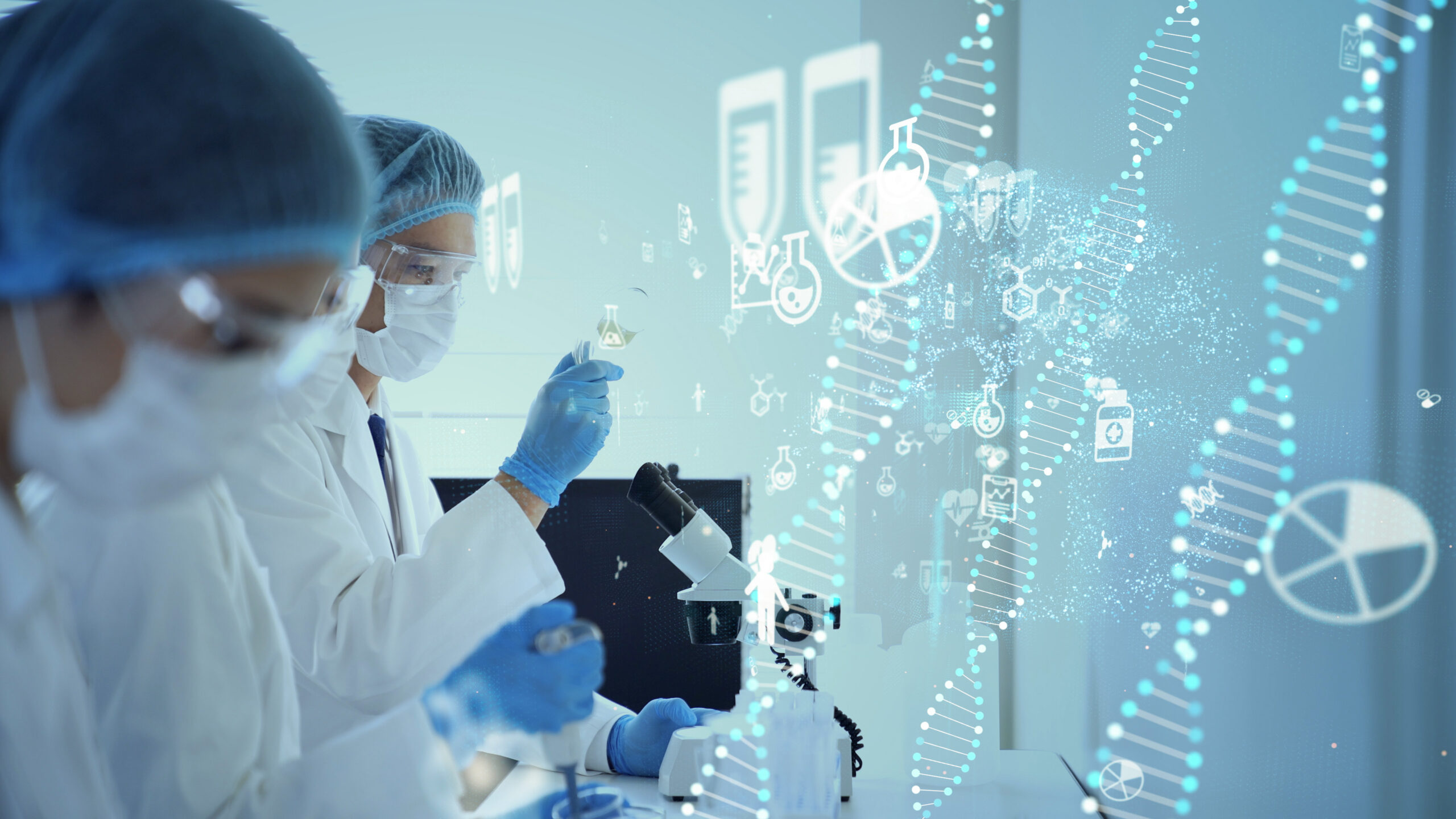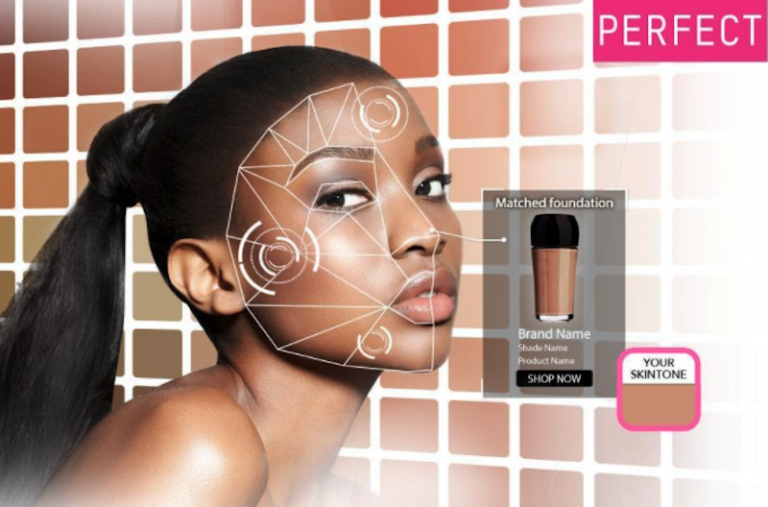I briefly spoke on the idea of technology contributing to the pandemic of inflated confidence in “Unmasking the Illusion of Social Media Confidence,” but have you ever wondered what other attributes technology has influenced in the world of beauty?
As stated by Grant Fjermedal, “Beauty Tech is the fusion of beauty and cutting-edge technology, driving innovative changes in the beauty industry” (2023). Just as it is important to understand the true nature of beauty standards, it is imperative to explore the future given the current state of the world. Ignoring the objectivity of beauty standards, it is undeniable that the future of beauty is heading toward greater personalization and inclusivity.
In the future, advancements in genetics, AI, and biotechnology could revolutionize the beauty industry.

Picture this.
The beauty industry undergoes a profound metamorphosis. Your genetic makeup not only defines your physical attributes but also acts as the guiding script for a bespoke beauty experience. Imagine an AI-driven beauty companion, seamlessly adapting and customizing beauty routines in real time. Biotechnological interventions, from advanced skincare formulations to regenerative therapies, are seamlessly integrated into daily beauty rituals. It is a future where beauty is not merely skin-deep; it is an immersive experience sculpted by the marriage of genetics, AI intelligence, and the marvels of biotechnology.
Advancements in technology could lead to more tailored skincare and makeup solutions. Additionally, there might be increased representation and celebration of diverse beauty standards (something that can already be seen today), moving away from traditional norms to embrace individuality and uniqueness. With this in mind, there are always two sides to a coin.
This shift away from traditional norms towards embracing individuality and uniqueness is just one facet of a broader transformation.
Despite its marvelous possibilities, this integration of AI into beauty routines raises ethical concerns surrounding privacy, consent, and the potential societal pressure to conform to beauty standards dictated by one’s genetic predispositions. The potential to edit or manipulate genes for beauty purposes might raise complex ethical dilemmas about altering natural characteristics, affecting diversity, and creating unrealistic beauty ideals.
Additionally, the pursuit of genetically enhanced beauty could exacerbate societal pressures to conform to a narrow set of aesthetic norms. An unprecedented side effect of stricter beauty standards concerns societal inequalities. Genetic modifications may lead to increased social inequalities, where those who can afford genetic interventions have access to a perceived “ideal” beauty that is beyond the reach of others.
As explained in the post “Not All Hope is Lost,” your appearance is not only important to how others perceive you but to how you view yourself as well. If one’s appearance is genetically altered, it prompts reflection on how this may affect an individual’s sense of self and the authenticity of their identity.
It is for these reasons, striking a balance between innovation and ethical considerations will be crucial in establishing a responsible framework for the future of AI in beauty.

Work Cited
Fjermedal, Grant. Beauty Tech and Latest Trends: The Complete Guide 2024. 31 Jan. 2023, www.perfectcorp.com/business/blog/general/the-complete-guide-to-beauty-tech.